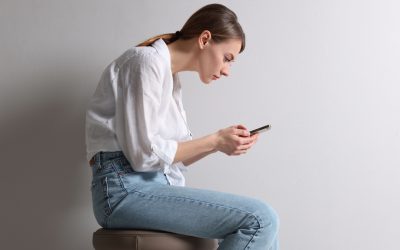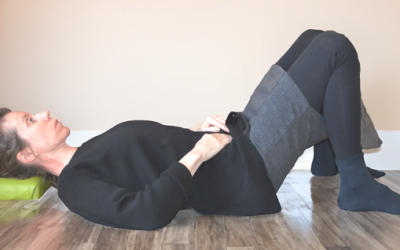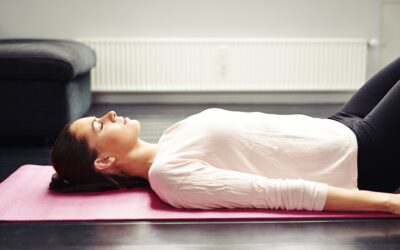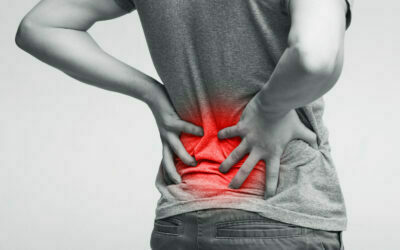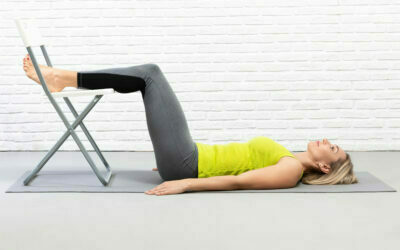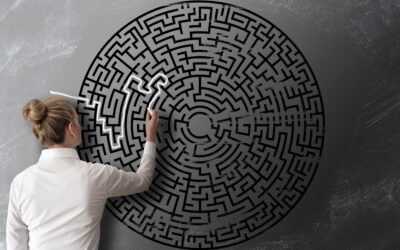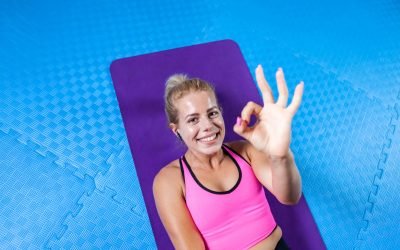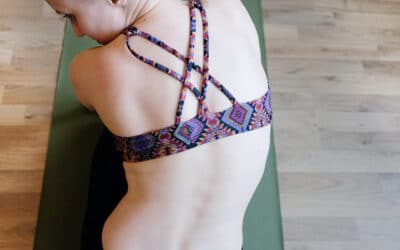Alexander Technique Resources
Alexander Technique Resources
Find links to a range of interesting resources.
Alexander Technique eLearning
Try This Alexander Technique eLearning Module
A very good Alexander video
Click on the button to see a short Alexander video
Scientific Paper on AT Mechanisms
Click the button to download a pdf.
Alexander Technique promotional Video
Have a look at this short promotional
What is BodyMapping
Jane Interviewed about BodyMapping
Neuroscience Educator Stefanie Faye
Stefanie Faye on Alexander Technique
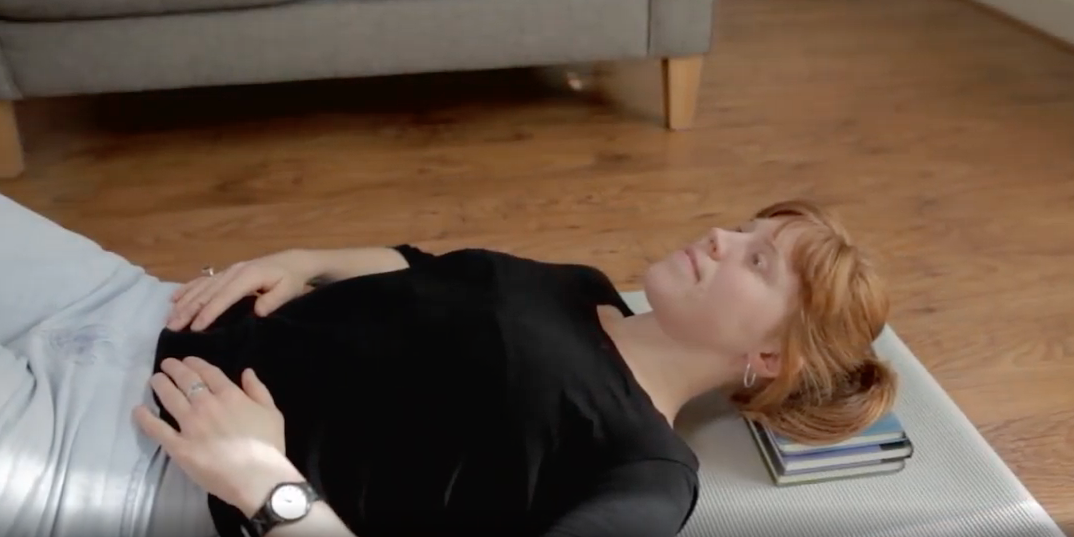
Active Rest
A very basic and yet clear instruction on the semi-supine or active rest activity.
Spine decompress
A short anatomical video of the disc absorbing fluid and decompressing the spine.
BMJ-Randomised controlled trial of Alexander technique lessons for chronic and recurrent back pain
Chronic back pain study from England.
Alexander Technique Blue Mountains
Video looks at the application of Alexander Technique learning to help manage cervical disc herniation.
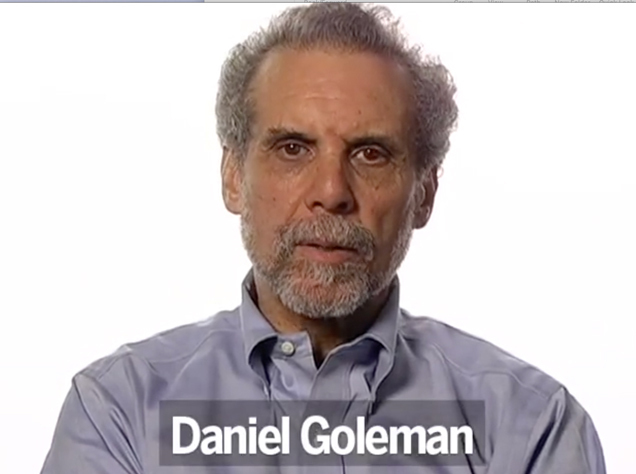
What is Emotional Intelligence?
Very eloquent short video defining emotional intelligence by the person who popularised the phrase Emotional Intelligence. Alexander talked about “psycho-physical unity”. How might Goleman’s self-management ideas relate to that?
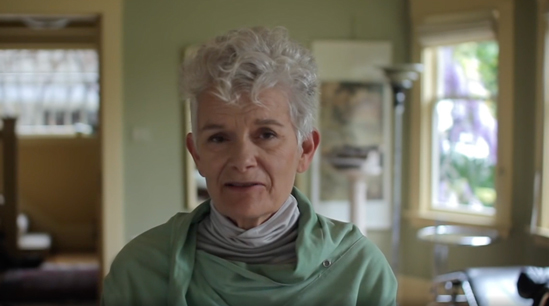
A personal account of managing scoliosis using Alexander Technique
This short video is a moving account of how Galen was able to manage a severe scoliosis, move out of pain and gain structural improvement. This is one of four videos on You Tube.
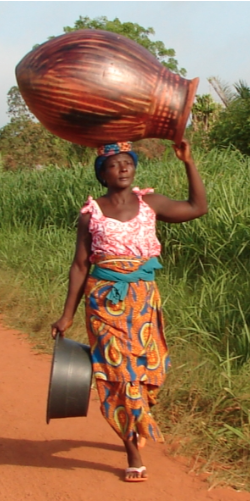
Bone Deep Strength
This video gives a convincing argument for a different perspective on how we use our body. It’s by a Physiotherapist, Kathleen Porter
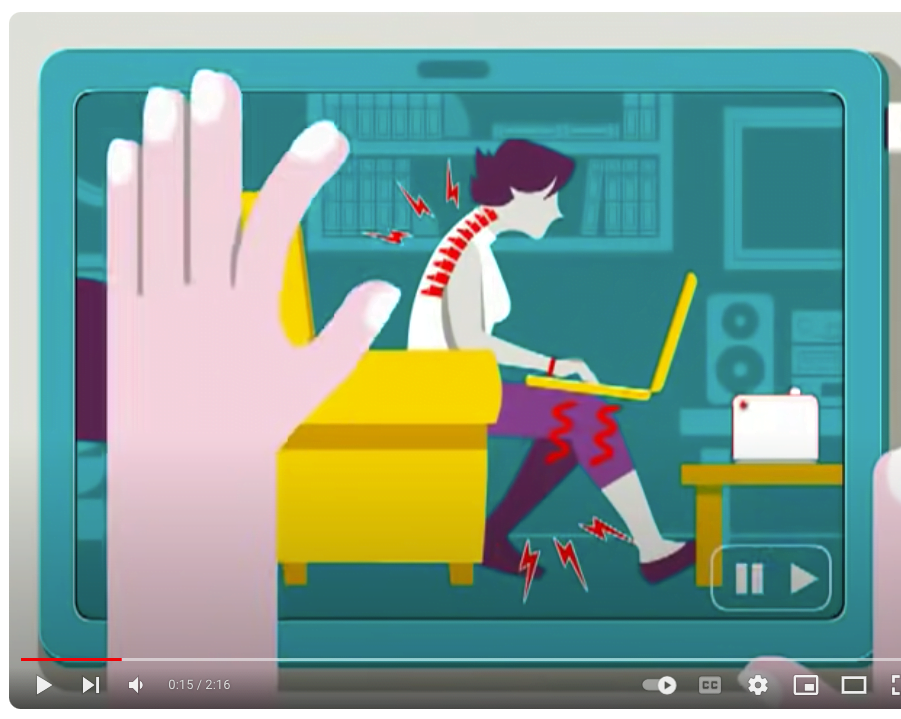
Ergonomics
This is a great short animated video with some very clear instructions on ergonomic set up while using computers. I hope you will like this as much as I do.
Your brain hallucinates your conscious reality
Right now, billions of neurons in your brain are working together to generate a conscious experience — and not just any conscious experience, your experience of the world around you and of yourself within it. How does this happen? According to neuroscientist Anil Seth, we’re all hallucinating all the time; when we agree about our hallucinations, we call it “reality.”
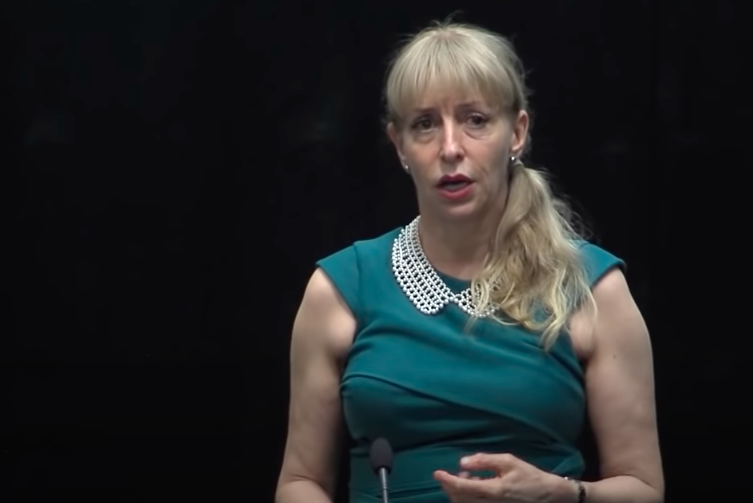
Neuroscience of consciousness
Baroness Susan Greenfield CBE, is a British scientist, writer, broadcaster and member of the House of Lords. Specialising in the physiology of the brain, Susan researches the impact of 21st century technologies on the mind, how the brain generates consciousness and novel approaches to neurodegenerative diseases such as Alzheimer’s and Parkinson’s.
Recommended Books
[with links to Kindle]
Use of the Self
Alexander’s seminal work
Freedom to Change
Recommended Reading
A Good Student's Manual
Good resource material for learning
Introducing Alexander Technique
Recommended Introduction
Thinking in Systems
Understand how complex systems work
Anatomy of the moving body
For anatomical learning
Alexander based Childrens Books
These books based on AT principles are great for early readers up to 6 or 7 years old. My colleague Janette has created these beautifully presented books for you to read to and give to your young children. Contact me for a set at no cost (just postage).
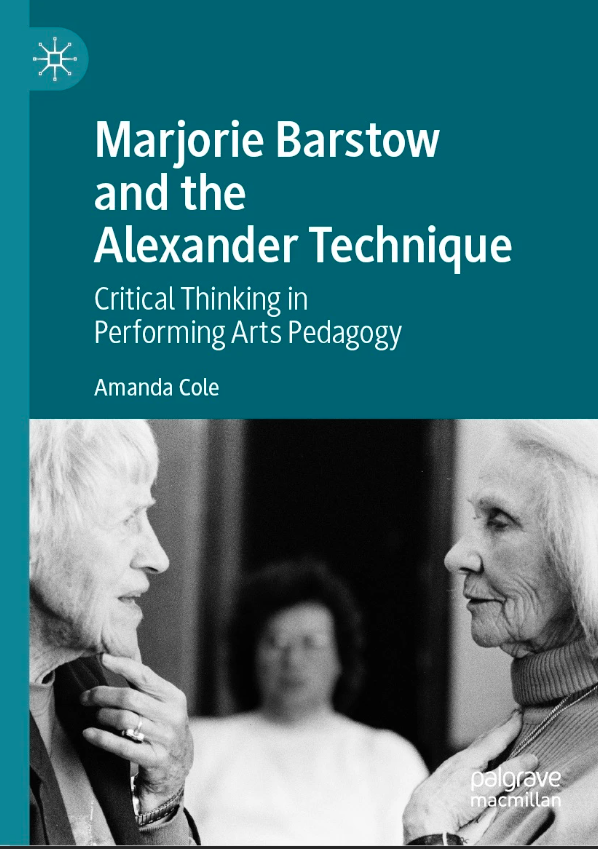
Marjorie Barstow and the Alexander Technique
This well written book is interesting reading. It’s expensive, so try the e-version. Use a Hal40 coupon for 40% discount. For Alexander teachers-well worth your time.
Blue Mountains Alexander Technique Blogs
Alexander Technique and Posture
Achieve Better Posture with the Alexander...
Backsaver | use a Backsaver cushion for a comfortable semi-supine
The semi-supine is a procedure that is...
Chronic Pain-using Alexander Technique to manage pain conditions
Alexander Technique for chronic pain The...
Best self-improvement-Constructive Conscious Control of the Individual
The best self-improvement for your well-being...
Alexander Technique and breathing
The Alexander Technique presents a holistic...
Manage your herniated disc
It’s called a “slipped disc”, a ‘bulging disc” or a “herniated disc”. It means pretty much the same thing, you have damaged the tissue that connects one vertebrae to another in your spine. This can mean anything from minor aches to very intense, crippling and life endangering pain.
In this blog, I’ll provide you with some good quality, simple-to-understand information and some ideas for what you can do.
First-go to your doctor or medical practitioner.
I suggest this as a first move because there are some instances (generally rare) where a herniated disc can have very serious and extreme health consequences.
Medical practitioners can quickly tell the difference between serious spine related issues and the more common variety of injury that afflicts so many of us. Symptoms such as loss of movement, loss of bladder or bowel control should be attended to by a hospital urgently.
A herniated disc is not an insignificant health event. The problem is that there are no quick fix cures available. Surgery is extremely invasive and may not work. Cortisone washes give temporary pain relief but can not be used regularly because of their side effects.
What is a herniated disc?
Discs are the shock absorbers that sit between each vertebra in your spine bone. They are very strong and designed to bear large forces and load. Like all physical structures discs have a load limit. When the load placed on your disc is too great the structure of the disc can tear. The tear usually starts from the inside of the disc near the centre. The nucleus of the disc pushed out through the tear and as shown in the illustration it can bulge up against a nerve root. This can create pain at the spine, in the surrounding muscles or in areas of the body that are fed by the nerve.
Yoga and semi-supine
In yoga it’s called “savasana”. In Alexander Technique it’s called “semi supine” or “constructive rest”. There are many similarities between the savasana pose in yoga and semi-supine.
Savasana has the outward appearance of something easy and yet it is described by some as one of the most difficult poses to master. At the heart of the matter is the meditative state required to completely let go of physical tension and the mental tension that accompanies it, while still remaining present and aware in the moment.
Proponents of the Alexander Technique use a version of this pose to cultivate a neutral state of balance and poise, enjoying a presence in the moment that flows into movement as well.
Sciatica self-regulation with Alexander Technique.
Alexander lessons can assist you to manage...
Use your hip joints to avoid back pain
Did you know that the most common type of back...
What is the Alexander Technique semi-supine position?
This person is doing an Alexander Technique...
The Alexander Approach
The Alexander approach to human functioning. The...
Alexander Technique for Back Pain.
If you have pains in your back, legs arms and neck that won’t go away, you are not alone. Over 4 million people in Australia or (16% of the population)reported that they experienced back pain. Pain at least “moderately” interfered with daily activities for almost 2 in 5 (38%) people with back problems in 2017–18. 1
The secret that thousands of people around the world know, is that you can manage back pain by learning Alexander Technique.
Alexander Technique and scoliosis
Alexander Technique is an invaluable tool for anyone who suffers from scoliosis. Conventional treatment involves the sufferer wearing a brace. Alexander Technique becomes an important skill that can be used to reduce some of the ill effects of being braced for a long period.
Is Alexander Technique Quackery?
Is Alexander Technique Quackery?If you are...
Does Alexander Technique help back pain?
Chronic back pain can be effectively managed by employing Alexander Technique skills. Pain sufferers not only experienced reduction in pain days but also felt better in themselves after just a few Alexander Technique lessons.
Advanced Content and student resources
Interoceptive Awareness Skills for Emotion Regulation: Theory and Approach of Mindful Awareness in Body-Oriented Therapy (MABT)
Academic paper on emotion regulation through mindfulness
Why Change is so hard

Leverage Points-Places to intervene in a System
Donella H Meadows understanding that slight changes can produce large shifts in systems. Systems self organise.
A complex model of Alexander Technique
A systems based consideration of Alexander Technique.
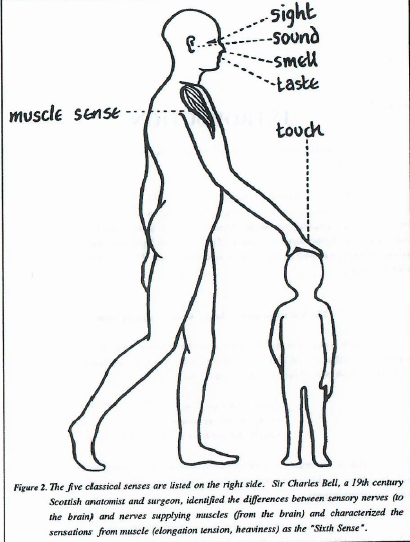
The Lost Sixth Sense
David Garlick’s booklet shows his research into AT. Published 1990 [thanks to his estate & Noelene Boardman]
Science of Breath
This video comes from a recent Feel Better Move Better Feldenkrais Conference. James Nestor is known for his book, Breath-The New Science of a Lost Art.

The preparatory set: a novel approach to understanding stress,trauma,and the bodymind therapies
This academic paper looks at an alternative perspective on the concept of stress, and second, it provides a clearer understanding of the mechanisms of action of bodymind therapeutic and educational systems. For Alexander teachers and senior teacher trainees.
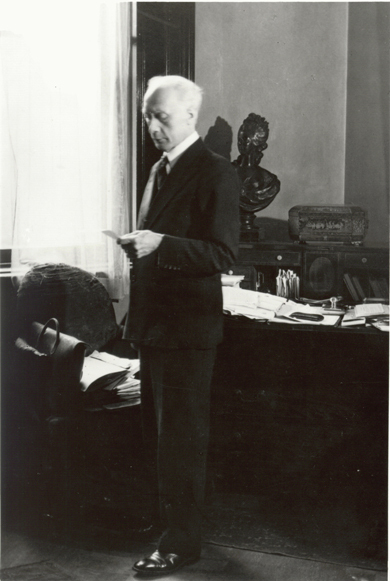
Novis Publications
Alexander teachers will find some very obscure and interesting publications at this address. They have a lot of eBooks at a “name your price” donation. Have a look at “Taking Time”-interviews with six first generation teachers.
Using Metacognitive Strategies to Support Student Self-Regulation And Empowerment
This useful state government pamphlet is a must read for Alexander Teachers. Are you including metacognition strategies in your teaching practice. Here is a good argument for empowering your students through getting them to consider their own learning process.

